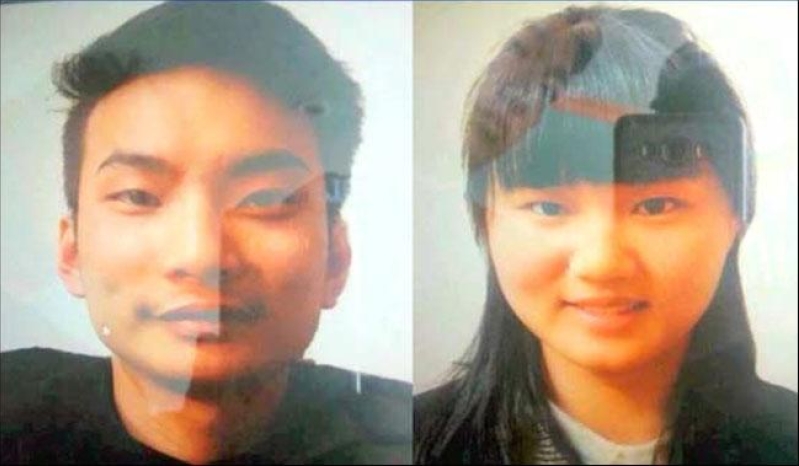
A Christian aid worker from South Korea has been banished from Pakistan after two of his students at an Urdu-language school, both Chinese nationals, were murdered by ISIS for "secretly preaching Christianity."
"Investigations have revealed that [Juan Won-seo] went to Pakistan on a business visa, set up an Urdu academy in Quetta and got involved in illegal preaching activities," Pakistan's interior minister told UCAN on 19 June. "We have revoked his visa and asked him to leave the country".
Lee Zingyang, 24, and Meng Lisi, 26, disappeared missing last month in Quetta, capital of Pakistan's impoverished Balochistan province. Pakistan's Interior Minister Chaudhry Nisar later confirmed that the two Chinese nationals had been killed, and that ISIS had taken responsibility for their deaths.
In a statement to Reuters, he said both victims were part of a dozen Chinese nationals attending Urdu classes taught by Won Seo, but were actually preachers who had "misused business visas" to enter the country. The minister said that it is "highly unfortunate that a misuse of the terms of business visa contributed to the unfortunate abduction and subsequent murder of two innocent Chinese".
According to the Hindustan Times, Chinese media also blamed South Korean missionaries for their deaths, accusing them of misguiding the duo into preaching Christianity in a region influenced by radical Islam.
Because the school and language exchange was "merely a front for conducting religious activities", Chinese media claimed that the death of Lee and Meng was "related to their activities spreading Christian teachings to members of the local Muslim community." The editorial in the Global Times said the killings were likely the outcome of a "conflict between South Korean missionary agencies and local terrorists".
Yang Fenggang, director of the Center on Religion and Chinese Society at Purdue University, told the Hindustan Times that the move to blame South Korean missionaries for allegedly "misleading and misguiding" Chinese nationals into preaching Christianity in foreign countries was meant to "mislead the Chinese people".
"Most Chinese Christians have become Christian through Chinese evangelists," he said. "It has been very difficult for foreign citizens to proselytise in China. China does not have a visa category for religious clergy or missionaries. Some foreign students, professionals and business people may do evangelistic work within China, but evangelistic activities are restricted."
He added that "even if it was found that the two Chinese were preaching Christianity, it's the IS terrorists who should be blamed for their deaths".
Carsten T. Vala, from the department of political science at Loyola University, Maryland, added, "Chinese nationals are themselves quite active in foreign missionary work and in my more than ten years of interviews of Chinese Christians, I found a number of Chinese Christians who were eager to go abroad as missionaries. At least one Chinese church leader I interviewed reported that his congregation had sent missionaries to Pakistan, Afghanistan, and other Arabic-speaking countries."
While China condemned the killings as "appalling", it said "it cannot drive a wedge between China and Pakistan, nor will the construction of the CPEC be disrupted".







